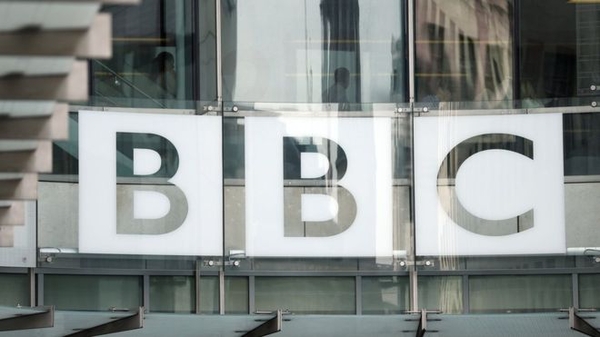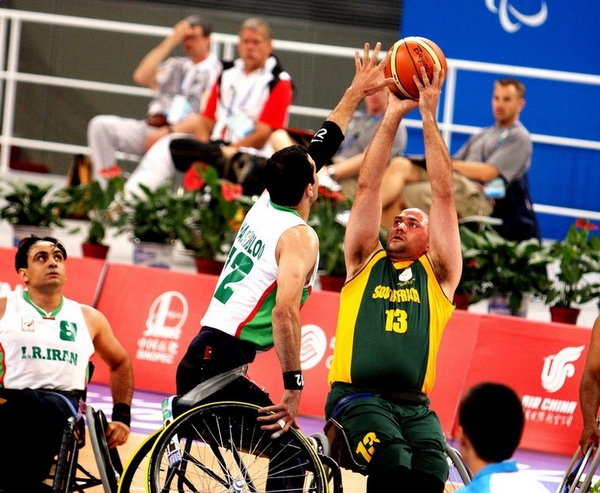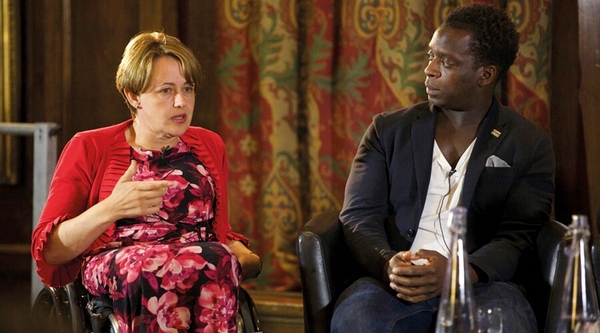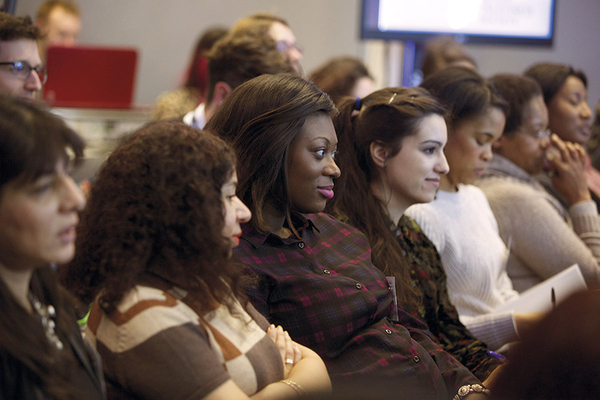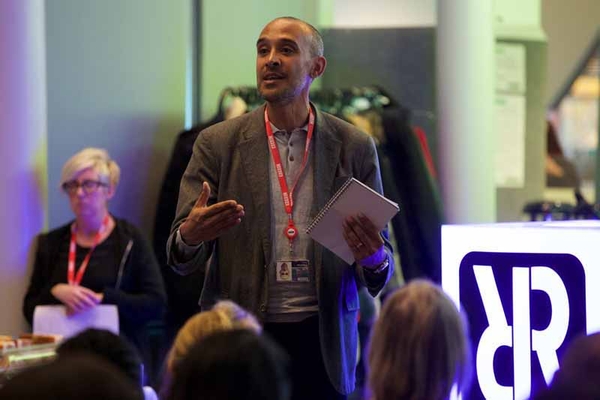BBC launches new diversity strategy
Targets of the campaign include increasing on screen representation of the LGBT community and reserving more internship placements for disabled people.
The aim is to set new standards for the television industry and better reflect the diversity represented in the general British public.
“The BBC has a breadth and scale that is unique in the UK’s media, and that means what we do has real impact," said Director-General, Tony Hall.

